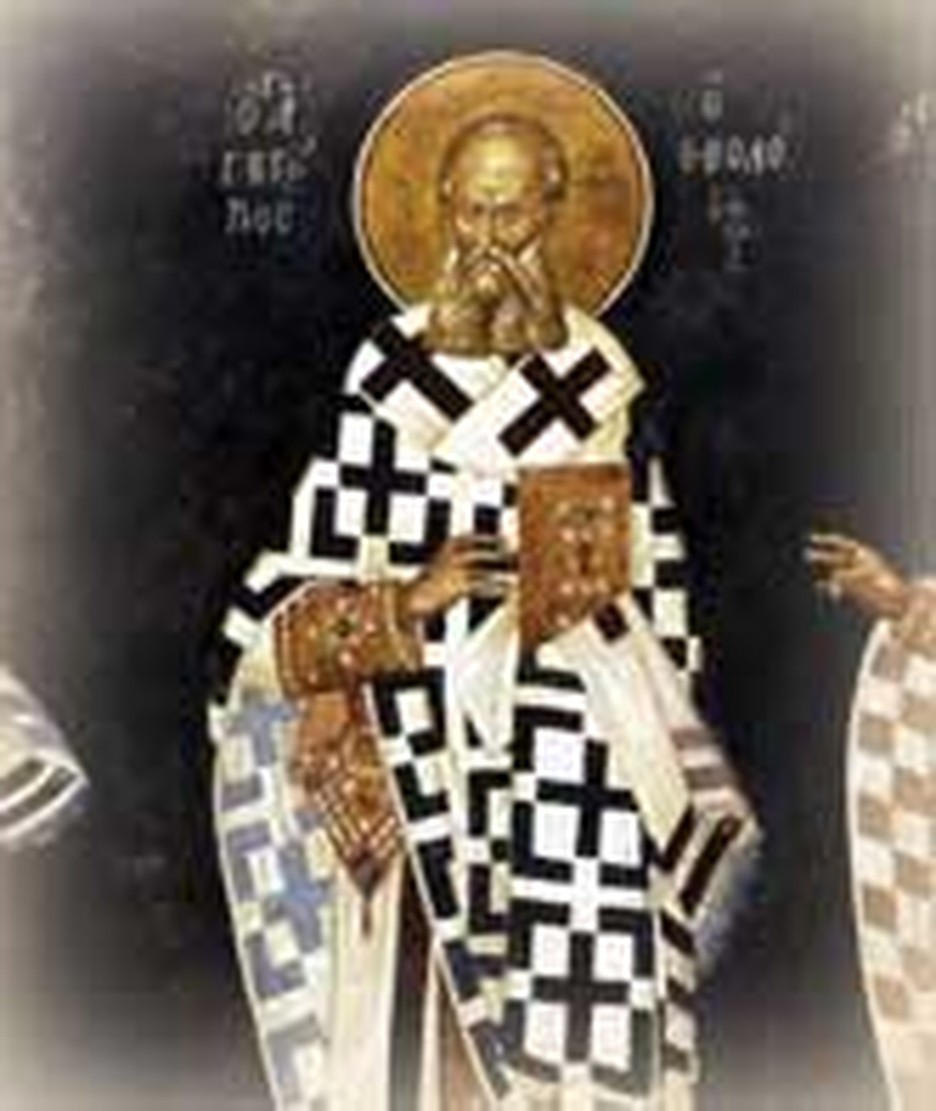
What should you do if you find yourself totally out of your element? Gregory of Nazianzus tried two tactics. The first was to run. The second was to gut out a tough situation with the Lord's help. In his day, he appeared largely a failure, but the principles he championed left him a lasting and noble name.
For a long time, the church remembered Gregory on this day, May 9. But saints days move on the calendar. Now he is more often honored in January with his friend Basil the Great. The date matters little. Far more important is the legacy he left behind. This includes five great sermons on the Trinity, preached when he was under great pressure.
Gregory and Basil attended school together, first in Cappadocia and then in Athens. Basil was a man of heroic action, self-controlled, masterful. Gregory was the opposite--affectionate, sensitive, timid, quiet, scholarly. He found it hard to make up his mind and could easily become depressed. Both men dedicated their lives to God, but Gregory didn't want to become a priest. In his view, a priest must be practically perfect. He was afraid he could never live up to the job.
Gregory's father, bishop of Nazianzus (in what is now Turkey), needed a helper and forced his son to get ordained. Gregory ran away. Only after several weeks of reflection did he change his mind and go back. Then he wrote a pamphlet explaining why he ran away and describing his high idea of what a priest should be. After his return, he preached his first sermon, at Easter in 362.
Basil was fighting for control of the churches in Cappadocia. To strengthen his position he created a new see at Sasima. Against Gregory's wishes, Basil ordained him and appointed him to the see. Gregory did not have the courage to refuse the ordination, but he felt that he was so unsuited to Sasima's needs that he refused to go there. This cooled the friendship between Basil and himself. Gregory continued to help his father. When his dad died, Gregory gave almost his whole inheritance to the poor. He oversaw his dad's diocese, but refused to become its bishop. Eventually he entered a monastery.
When Theodosius became Emperor, several churchmen asked Gregory to become the leader of the orthodox Christians in Constantinople. This time Gregory said yes. The Arians, who said Christ was a created being, controlled the town, so Gregory had to preach in a small chapel. The Arians heckled Gregory, mobbed him, and made his life miserable. Under these conditions, Gregory preached his finest sermons, a shining defense of the doctrine of the Trinity. These finally broke the arguments of the Arian heresy.
Theodosius appointed Gregory bishop of Constantinople. Gregory, who could have appealed to the emperor to put down the opposition, proved that mercy wasn't just a theory with him when he and his congregation were attacked by Arians. "Let us overcome them by gentleness, and win them by piety; let their punishment be found in their own consciences, not in our resentment," he wrote. But opposition was so strong and his health so bad that he resigned after a few months. By worldly standards, he was a failure. And yet the importance of his work grew and grew, until the church (in both east and west) declared him a saint and honored him in the calendar.
Bibliography:
- "Gregory of Nazianzus, St." The Oxford Dictionary of the Christian Church. Edited by F. L. Cross and E. A. Livingstone. Oxford, 1997.
- "Gregory the Theologian, Archbishop of Constantinople." Greek Orthodox Archdiocese of America. http://www.goarch.org/en/Chapel/saints.asp?contentid=403.
- Hunter-Blair, D.O. St. Gregory of Nazianzus. The Catholic Encyclopedia. New York: Robert Appleton, 1914.
- Various encyclopedia and internet articles.







